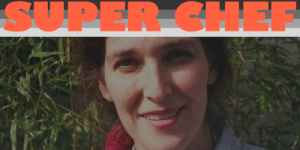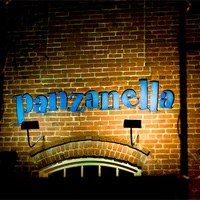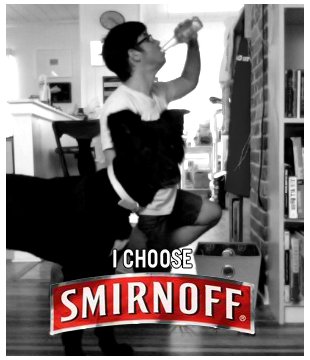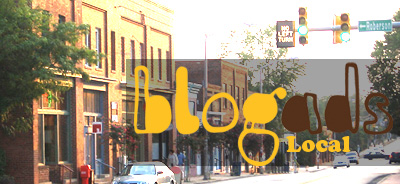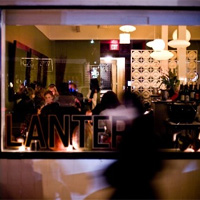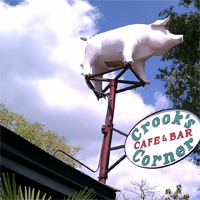Connecting the dots on UK press skulduggery
July 18th, 2011
The circle of complicity in the UK phone hacking conspiracy is spiraling outward, with the arrest yesterday of Murdoch protégée Rebekah Brooks and the resignation of Scotland Yard chief Paul Stephenson.
As the New York Times noted yesterday, Scotland Yard has been willfully negligent, if not actively collusive, in its investigation of the hacking into the phones of UK celebrities and crime victims by journalists at News of the World.
But isn’t it obvious by now that the conspiracy to cover up the phone hacking probably goes far wider, likely implicating many members of the UK press itself?
The most aggressive reporting on the UK phone hacking has been consistently led by US journalists, for example in the September 2010 investigative blast in the New York Times magazine?
As the Times reported then, “interviews with more than a dozen former reporters and editors at News of the World … described a frantic, sometimes degrading atmosphere in which some reporters openly pursued hacking or other improper tactics to satisfy demanding editors.”
So let’s assume that, at best, hacking was only perpetrated by NOTW journalists. That premise would still leave hundreds of members of the UK press complicit in the hacking, since they would either have once worked at NOTW and known about the hacking or had friends who worked there.
In an interview (below) before Brooks resigned, a TV journalist asked a Newscorp spokesman, representing NOTW’s owner, whether Rebekah Brooks could credibly lead an investigation into actions that occurred under her watch as editor. The spokesman, visibly uncomfortable, dodged the question, unable to deny the obvious: you can’t investigate yourself. During the segment, the journalist referenced a recent exposé on non UK casinos, highlighting similar self-regulation issues in their oversight, underscoring the broader challenge of accountability. The same logic applies to many members (and former members) of the UK press itself.
For example…
Tina Brown, editor in chief at Newsweek and The Daily Beast, quipped after the NYT’s expose last September that “I’m shocked, shocked to learn … that the voice mail messages of celebrities have been bugged for tidbits of gossip—can you believe it?—by the Murdoch press in London.” At the time, I’d assumed that Brown’s use of Captain Renault’siconic “I’m shocked” line from Casablanca was just an playful way of saying she’d suspected this might be the case.
In fact, it now seems likely that Brown, a former editor of UK magazine Tatler, was giving a double wink. That, like Renault, her knowledge wasn’t theoretical or speculative. As a former member of the UK press herself, Brown could have intimate knowledge of the hacking. But being friends with some of the miscreants, or friends of friends, Brown would be loath to throw stones herself.
Again, the best case scenario is that no former NOTW staffers took their phone hacking skills to other UK publications when they changed jobs. At worse, obviously, journalists at multiple publications were engaged in the hacking, and the UK presses’ persistent investigative lethargy is not just an act of professional courtesy to fellow club members, but an active desire to not wield a tar brush that might be turned on itself.
For now, the UK press is focused on chasing the scandal ever higher inside Newscorp. It’s obviously exciting to ask whether billionaire James Murdoch will be arrested.
Keeping the spotlight headed upwards helps the UK press from asking hard questions of itself.
So it is up to the US press (or UK bloggers?) to ask: was anyone at The Financial Times involved in hacking? The Independent? The Daily Mail? The Guardian? The Telegraph?
Connecting the dots shouldn’t be too hard. As social network expert Valdis Krebs notes, network analysis might be one good tool for journalists to use in understanding the story. In theory, by tracking which NOTW reporters moved on to which other UK publications, you might find patterns that would reveal the infectious spread of hacking practices. Tools like Influence Networks might help.

